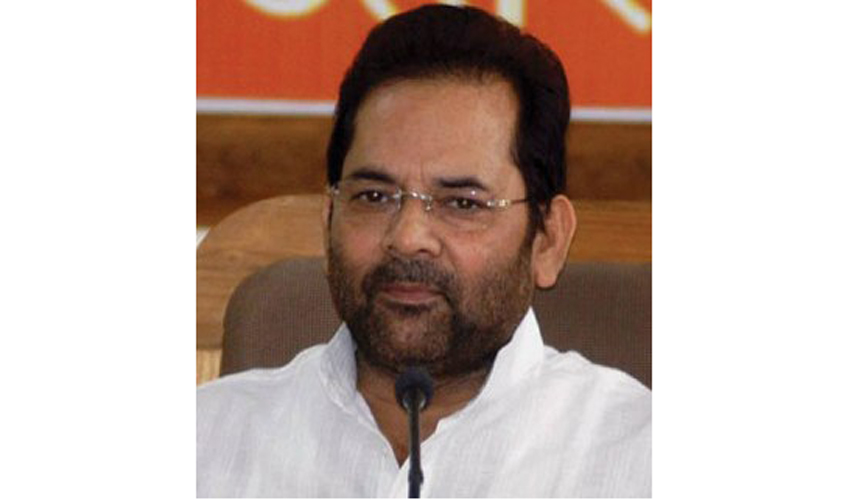In 2013-14, the budget allocation to the ministry, which works for uplifting minority communities such as Muslims, Buddhists, Sikhs, Jains, Christians and Parsis, was Rs 3,530.98 crore, which was increased to Rs 3,734.01 crore in 2014-2015, to Rs 3,738.11 in 2015-2016, to Rs 3,827.25 in 2016-2017 and finally to Rs 4,195.48 in 2017-2018, a rise of 9.6% from the previous year.
Of this, Rs 2,053 crore, according to ministry officials, has been kept for educational empowerment of the minorities, while Rs 1,200 crore and Rs 634 crore will be used for the implementation of multi-sectoral development programmes and skill development.
The budget allocated to the Ministry of Minority Affairs is more than the budget allotted to some of the other key ministries like the Ministry of Civil Aviation, Ministry of Culture, Ministry of Corporate Affairs, Ministry of Electronics and Information Technology, Ministry of Heavy Industries and Public Enterprises, Ministry of Information and Broadcasting, Ministry of Skill Development and Entrepreneurship, Ministry of Tourism and Ministry of Youth Affairs and Sports.
Officials of the Ministry of Minority Affairs claimed that work was being done by them on a “war footing” to make sure that the benefits of the schemes reach the intended beneficiaries.
“We organised Hunar Haat in Delhi to promote local artisans including local chefs. An estimated 26 lakh people attended the event. We have approved the setting up of 16 ‘Gurukul’ residential schools across the country, including in Telanagana, Andhra Pradesh, Karnataka and Jharkhand. Similarly, we are going to set up five world class educational institutes in Maharashtra, Haryana and Rajasthan and these will impart technical, medical education in which 50% of the seats would be reserved for the minorities and, among those seats, 40% will be reserved for minority girls. We plan to start it from the 2018 academic session. The Ministry of Minority Affairs is seen as one of the ‘less significant’ ministries traditionally, but that is based on false assumptions. We have been working day and night to make sure that the benefits of our schemes reach the intended beneficiaries. Everyone has been on their toes and I do not want to comment on what politicians are saying, but we know what kind of work we have done in the past 2-3 years,” a senior ministry official, who is not authorised to speak to the media, said.
Mukhtar Abbas Naqvi, who was given the independent charge of the ministry after Najma Heptulla was dropped from the Cabinet in July last year, has made major bureaucratic changes at the top soon after taking over.
He has curtailed the powers and responsibilities of some of the “underperforming” IAS officials and warned officials to be ready to move out of the ministry if they are not able to give time bound results.

